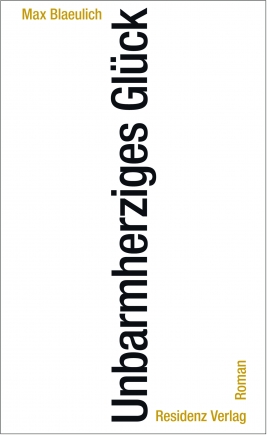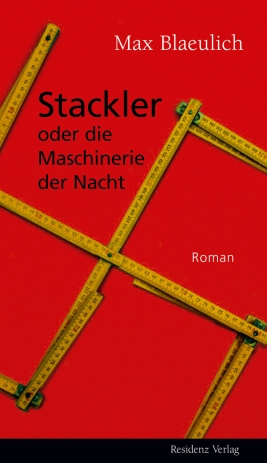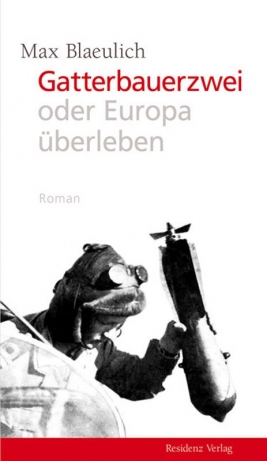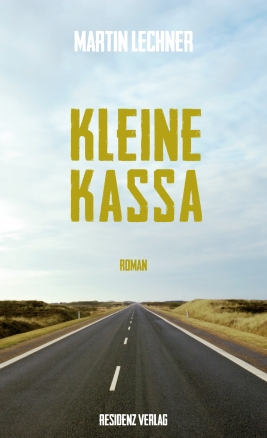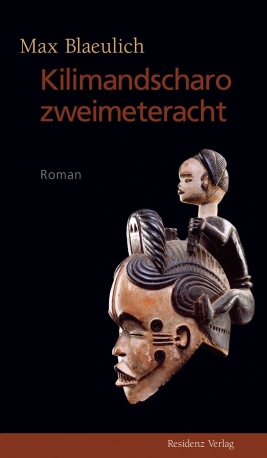
Max Blaeulich - Kilimanjaro 2m 8
Novel
Ein Afrika-Roman als Spiegelbild europäischer Geschichte
The Austro-Hungarian Empire on the eve of World War I: four white men set off for Uganda, each with a different purpose. Stackler, for instance, the physiologist, concerned with charting Africa by the body parts of its native inhabitants, is going in search of monstrosities. He finds one such in his bearer – two metres eight tall – whom he promptly names Kilimanjaro, and takes back to Vienna with him for research in racial studies. As with Stackler, the research interests of all the others soon evince private madness which shows no respect and is marked by racism, colonialist arrogance and the overweening superiority of civilised people. In this enterprising novel based on historical material, Max Blaeulich portrays a deeply decadent society which, through the perversion of its values, is itself responsible for the catastrophes which are to be its downfall. In his novel Blaeulich virtuously combines historical facts and literary invention. (Paul Jandl, Neue Zürcher Zeitung) A book that pares back our self-importance. Great reading it is in any case. (Anton Thuswaldner, Salzburger Nachrichten) Max Blaeulich is a secret institution in this country... (Raoul Schrott)
Book details
256 pagesformat:110 x 190
ISBN: 9783701714247
Release date: 01.09.2005
License rights
- World rights available






